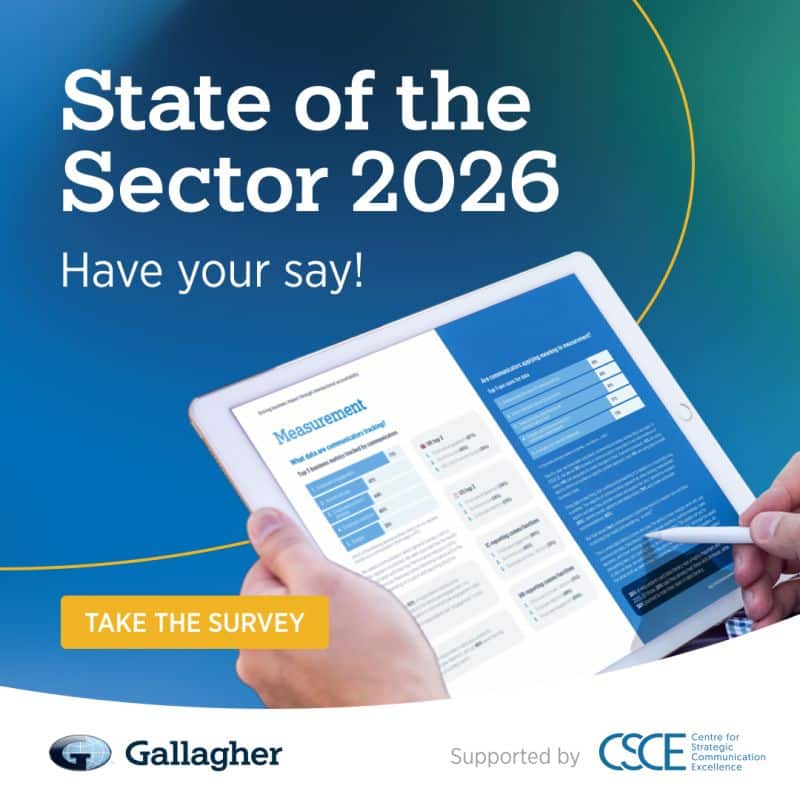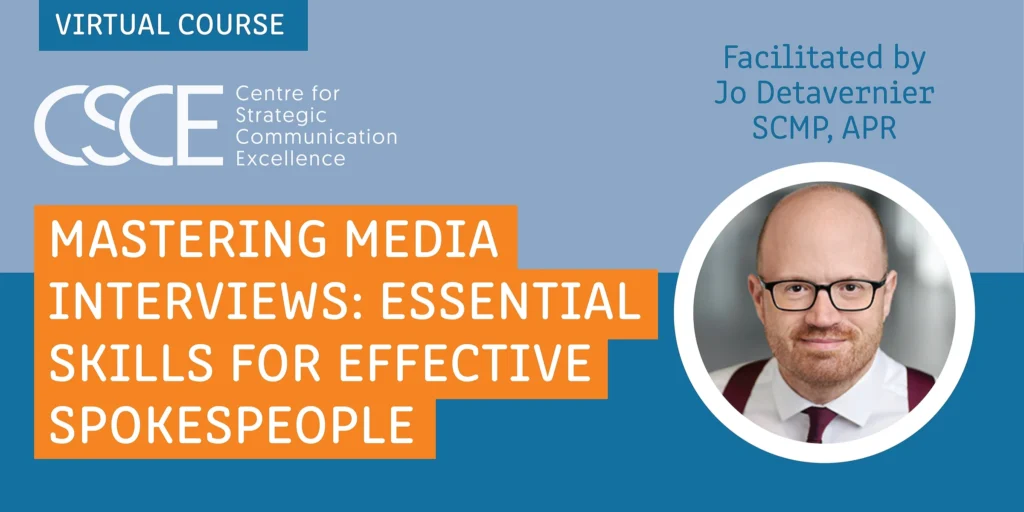The fourth instalment on Future Trends in the Communication Profession looks at an opportunity that has been emerging for over a decade. As companies step up their efforts to embrace their role in corporate social responsibility, many have discovered that doing the deed is not enough.
The 2015 Cone Communications/Ebiquity Global CSR Study captured the opinions of nearly 10,000 people in the largest countries in the world by GDP including the U.S., Canada, Brazil, the U.K., Germany, France, China, India and Japan. The Study mapped consumer behaviour against the social behaviour of companies, and highlighted the needs and expectations of consumers to be informed about what companies are doing to improve human circumstances.
The research concluded, “nine-in-10 consumers expect companies to do more than make a profit, but also operate responsibly to address social and environmental issues. Eighty-four percent of global consumers say they look for responsible products whenever possible.”
“Nearly three-quarters (72%) believe their purchases make a moderate-to-significant positive impact on social or environmental issues, and four-in-five are willing to consume or purchase fewer products to preserve natural resources (81%) or buy a product from an unknown brand if it has strong CSR commitments (80%). CSR is a powerful differentiator at the register, as 90 percent of global consumers would switch brands to one that is associated with a good cause, given similar price or quality.”
Consumers are making purchasing choices based on ethics, transparency, giving back to people in need and the greater good of humankind. People are not only buying based on alignment with their values and principles, they are influencing others to follow suit. Social media has ushered in the age of citizen journalism, making individual views a powerful, driving force.
The report says,“Consistent with 2013 results, consumers continued to see social media as an important way to learn, voice their opinions and speak directly to companies around CSR issues, especially in developing countries. Three-in-five (61%) global consumers use social media to address or engage with companies around CSR issues, whereas usage skyrockets in China (89%), India (88%) and Brazil (84%).”
Corporate social responsibility is increasingly a valuable brand asset.
The world’s leading communication consultancies are all saying the same thing. Consumers expect organisations to give back to society in meaningful, tangible ways. Corporate social responsibility is increasingly a valuable brand asset.
Known worldwide for research insights on marketing, brand and corporate leadership, in his article The Power of the Earned Brand, President and CEO Richard Edelman notes, “Today’s inspiration comes from aspiration. Sixty-nine percent of people believe that the role of innovation for brands should be to constantly improve society and 63 percent to push our thinking. People around the world want to understand the purpose and mission of the brand, how the new product will improve their friends’ lives. And when they are inspired about the mission, the consumers become missionaries.”
Ketchum Communication asks “Why should corporations get involved in sustainability and social causes? There are many driving factors, including that it’s “the right thing to do,” and that it helps brands connect with their communities. In addition, there is a tangible business benefit to sustainability and social impact programs at corporations – ultimately they contribute to the creation of new consumers and new markets, help secure a robust supply chain, engender positive equity with customers and consumers, and attract and retain talent.”
Communication strategy supporting corporate social responsibility is essential to success because if either the internal or external audiences don’t know what the organisation is doing or why, everything else is academic.
Seven important CSR elements fall within the purview of our profession: Transparency. Relevance. Strategic alignment. Awareness. Understanding. Community engagement. Demonstrated results.
An organisation might be a market leader in CSR, but without communication the contributions will go largely unnoticed and fail to create a domino effect among stakeholders. By embracing the need to go beyond simply communicating to driving awareness, understanding and behaviour, communication becomes a critical driver for CSR initiatives, making the world a better place through strategic communication.
While the idea of giving back has become firmly grounded in the daily routines of people worldwide, it is strategic communication that delivers a better understanding of the power of one person to make a difference, and the power of a critical mass to influence change.





